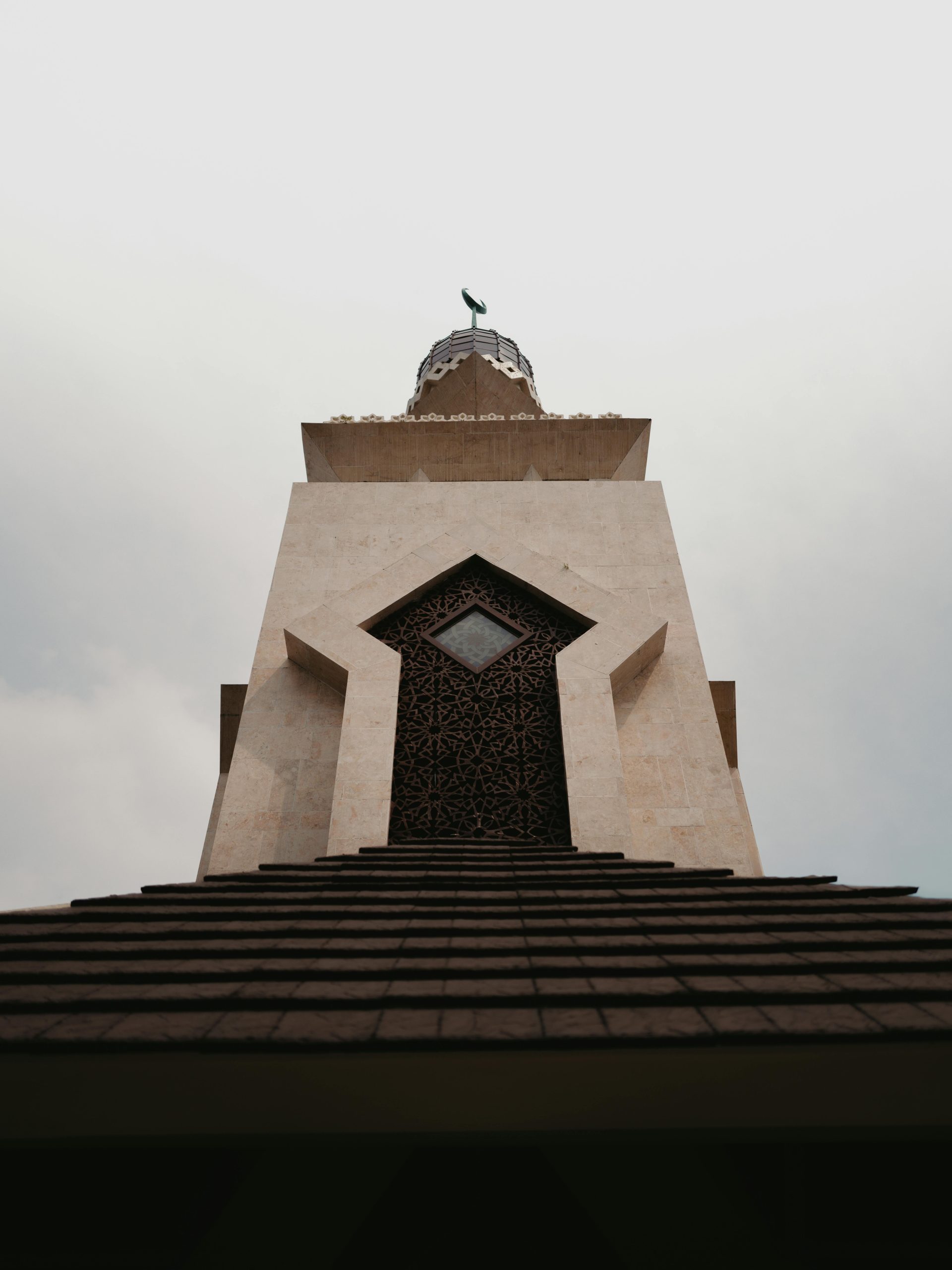In today’s fast-paced world, the lines between religion and spirituality often seem blurred. While both concepts explore the deeper meaning of life and human existence, they approach these questions in fundamentally different ways. Understanding the distinctions between religion and spirituality can help individuals navigate their personal beliefs and find a path that resonates with their values. This article explores the key differences between religion and spirituality, offering modern insights into how these two paradigms shape our lives.
Defining Religion and Spirituality
Religion is typically an organized system of beliefs, rituals, and doctrines shared by a community. It often involves structured worship, sacred texts, and a hierarchical leadership. Major world religions like Christianity, Islam, and Hinduism provide followers with a clear framework for moral conduct, worship, and community engagement.
Spirituality, on the other hand, is more personal and individualistic. It focuses on inner peace, self-discovery, and a connection to something greater than oneself—whether that be nature, the universe, or a higher power. Unlike religion, spirituality doesn’t require adherence to specific doctrines or traditions, allowing for a more flexible and personal exploration of meaning.
Structure vs. Freedom
One of the most significant differences between religion and spirituality lies in their approach to structure. Religions provide a well-defined path with established rules, rituals, and expectations. This structure can offer comfort, discipline, and a sense of belonging to its followers.
Spirituality, however, thrives on freedom. It encourages individuals to seek their own truths without rigid guidelines. This can be empowering but may also feel isolating for those who crave community and tradition. In modern society, many people blend elements of both, finding structure in religion while embracing personal spiritual practices like meditation or mindfulness.
Community vs. Individual Experience
Religion often emphasizes collective worship and shared beliefs. Churches, mosques, temples, and synagogues serve as gathering places where people come together to celebrate, mourn, and support one another. This communal aspect can foster deep connections and a sense of identity.
Spirituality, in contrast, is usually a solitary journey. While spiritual seekers may join groups or attend retreats, the focus remains on personal growth rather than group conformity. In an increasingly digital age, online communities have emerged as a middle ground, allowing spiritual individuals to connect without traditional religious affiliations.
Dogma vs. Personal Truth
Religions are built on dogmas—core beliefs that followers are expected to accept without question. These doctrines provide clarity and continuity but can also lead to conflict when interpretations differ. For some, this certainty is reassuring; for others, it feels restrictive.
Spirituality rejects fixed dogma in favor of personal truth. It encourages questioning, exploration, and adaptation. This fluidity aligns well with modern values of inclusivity and self-expression, making spirituality appealing to those who resist rigid belief systems.
Modern Trends: Blending Religion and Spirituality
Today, many people no longer see religion and spirituality as mutually exclusive. Instead, they integrate aspects of both into their lives. For example, someone might attend religious services for community while practicing yoga or meditation for personal growth. This hybrid approach reflects a growing desire for meaningful experiences that honor tradition while embracing individuality.
Additionally, the rise of secular spirituality—practices like mindfulness and eco-spirituality that don’t involve a higher power—showcases how spirituality continues to evolve in response to contemporary needs.
Conclusion
Religion and spirituality offer distinct yet complementary paths to understanding life’s big questions. While religion provides structure, community, and tradition, spirituality emphasizes personal freedom and self-discovery. In today’s diverse world, many individuals find value in both, creating a personalized belief system that aligns with their unique journey. Whether rooted in organized religion or personal spirituality, the search for meaning remains a universal human experience.
